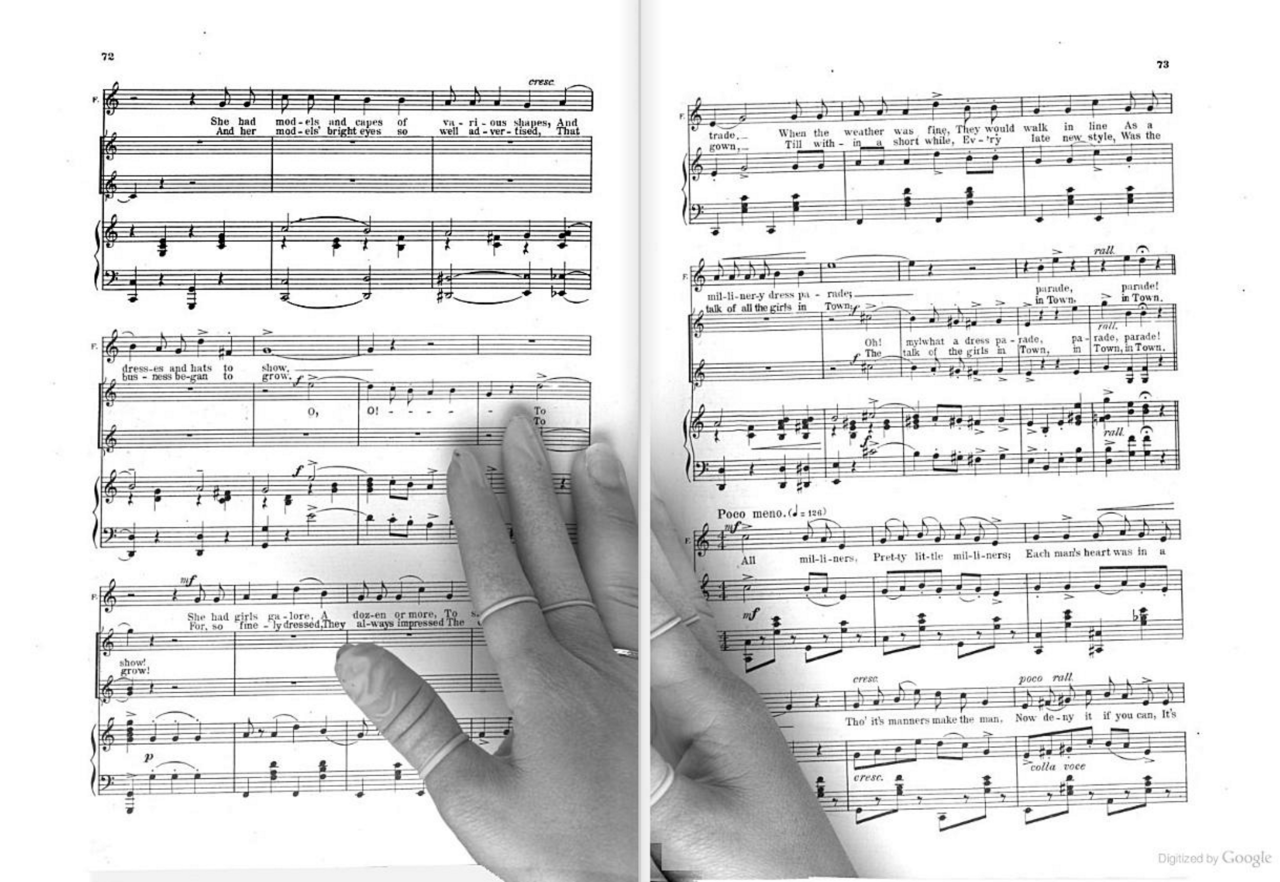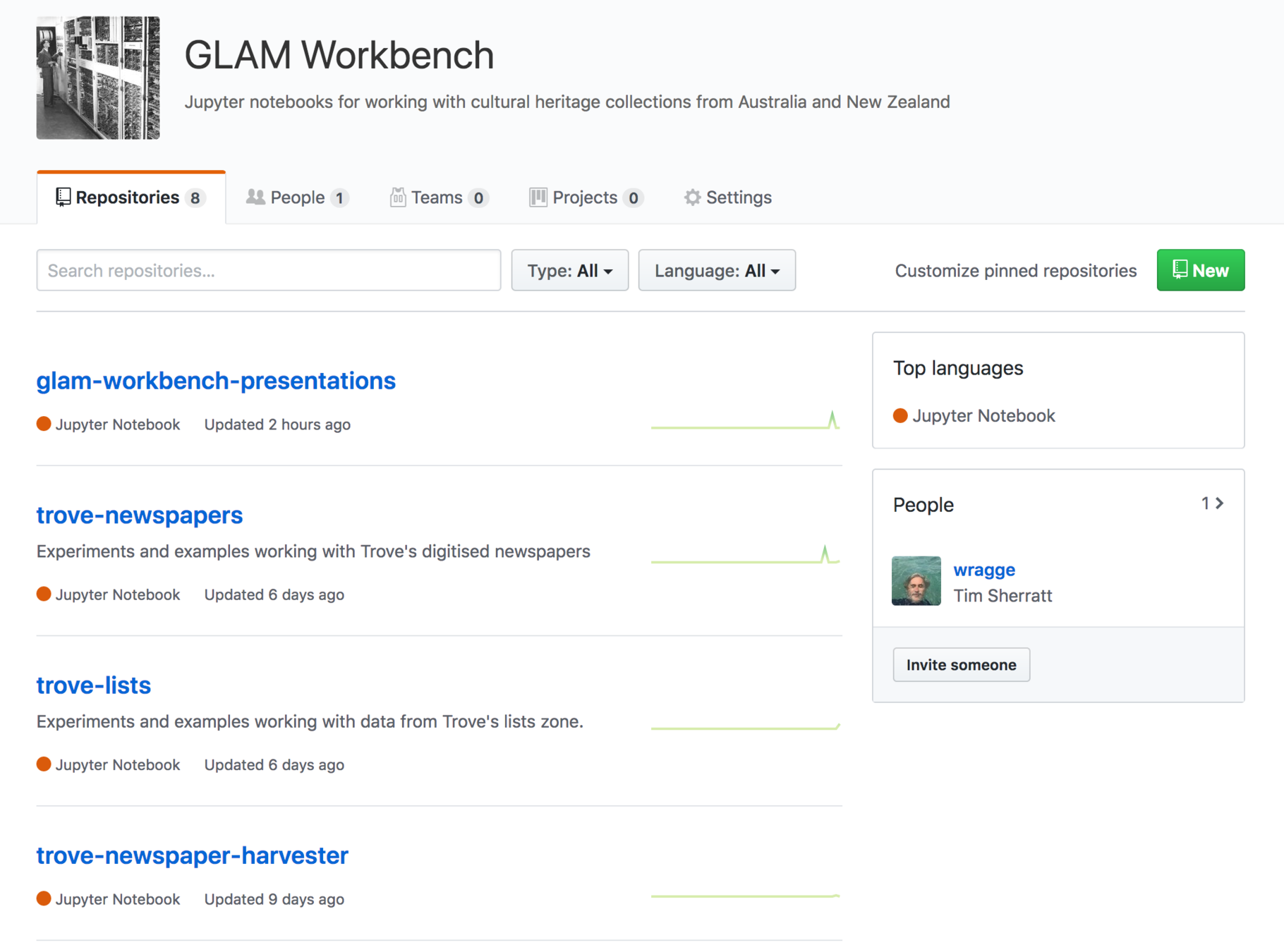Alternative models for digital research in the humanities
Tim Sherratt ⌘ @wragge
Small data & hand-crafted infrastructures
What is (e)Research Infrastructure?
Raijin, named after the Shinto God of thunder, lightning and storms
Big machines!
The Art of Google Books
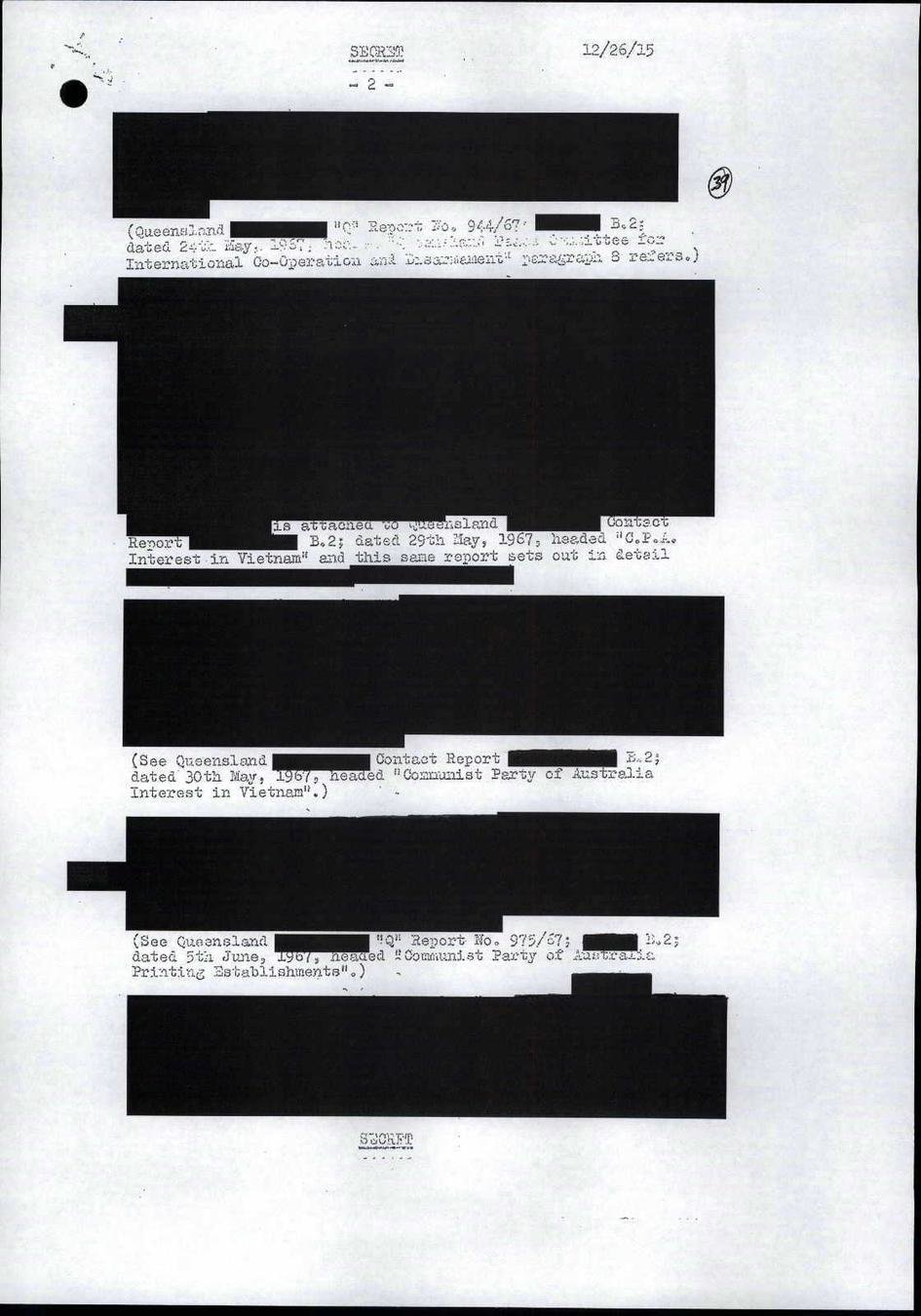
ASIO files
#redactionart
SMall PARTs loosely coupled
As simple as...
Manufacturing a search result
- Preservation of print copies
- Cataloguing
- Selection for microfilming
- Microfilming
- Selection for digitisation
- Create digital images from microfilm
- Segmentation of pages
- Recording article metadata
- Optical character recognition
- Storage of images and metadata
- Indexing of OCR and metadata
- Discovery interface
Why the peak?

It just works...?
Trove makes research too easy
Transforming research?
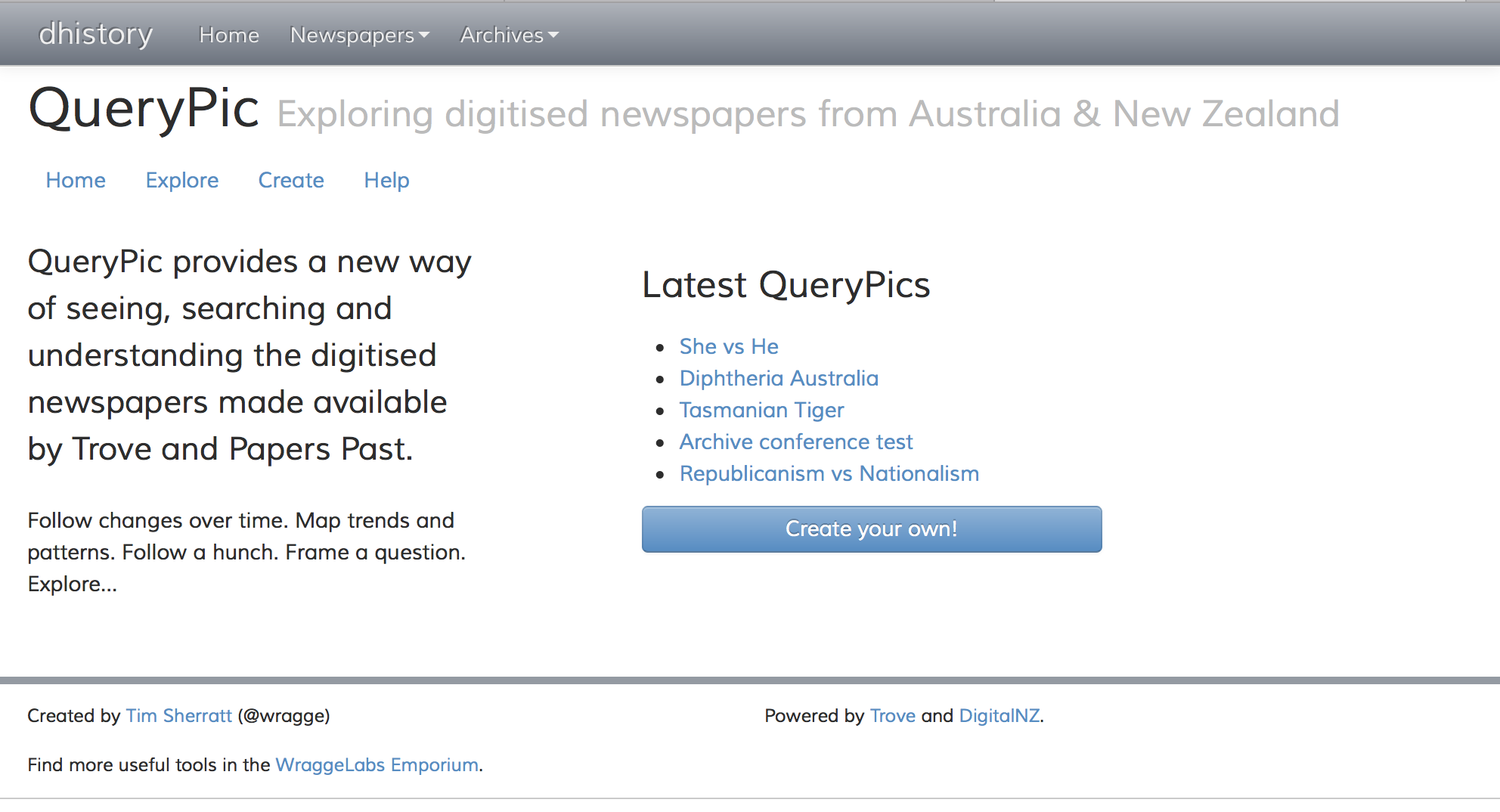
The challenge of abundance
Warning LIVE code ahead!
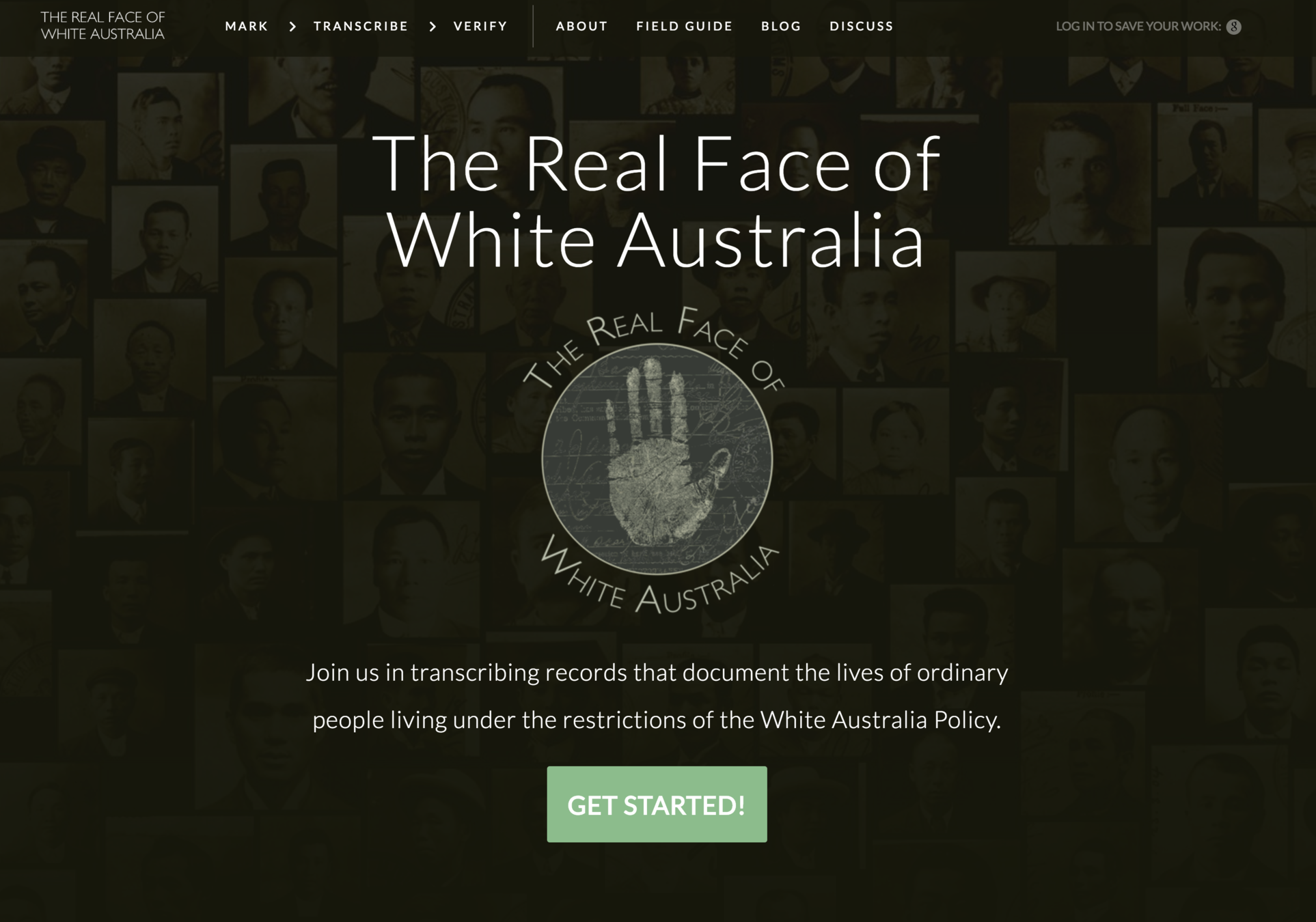
DIY Crowdsourced Transcription
Small parts loosely joined
- RecordSearch Harvester
- Scribe
- Amazon/Heroku
- GitHub
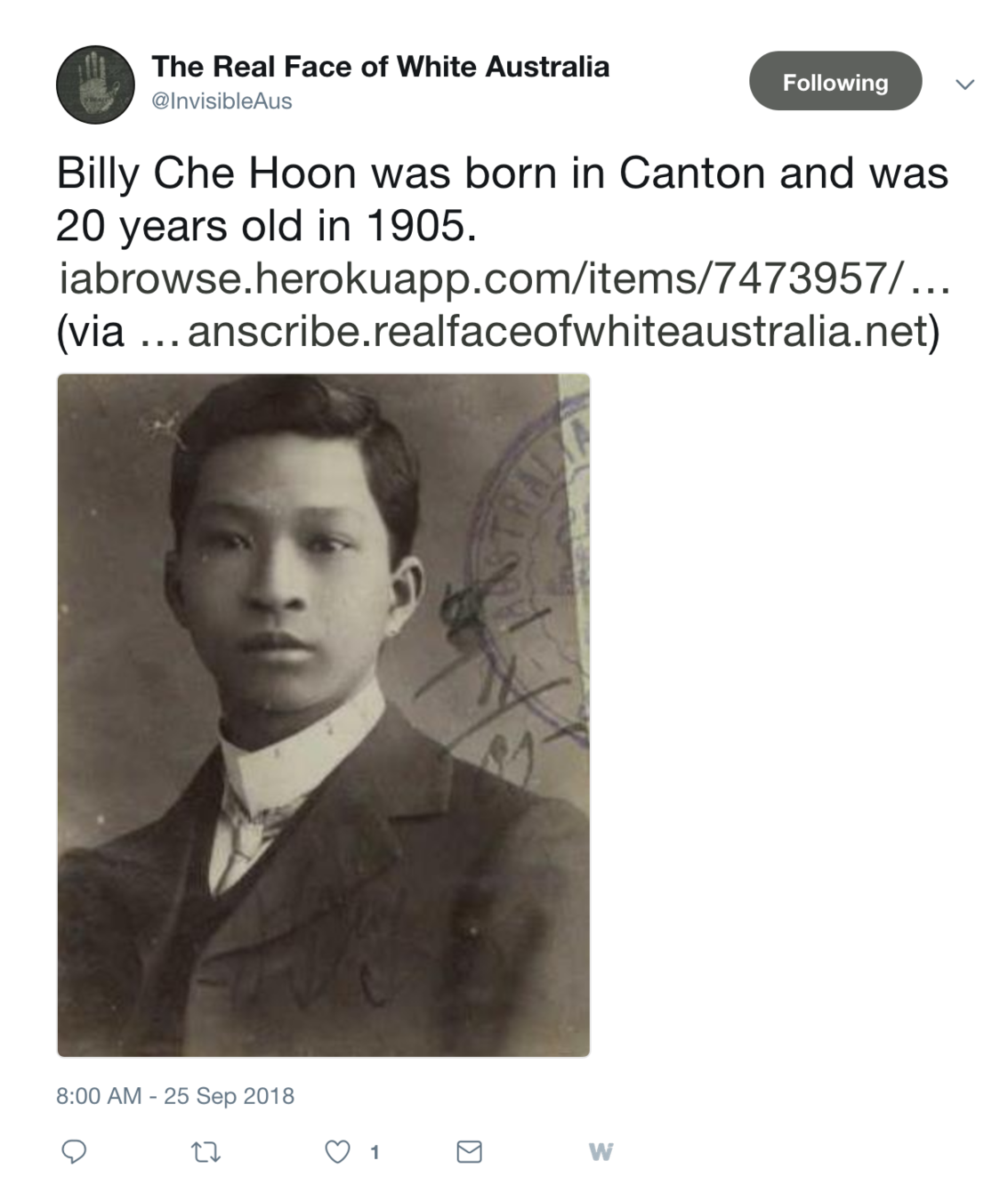
Mini stories twice daily
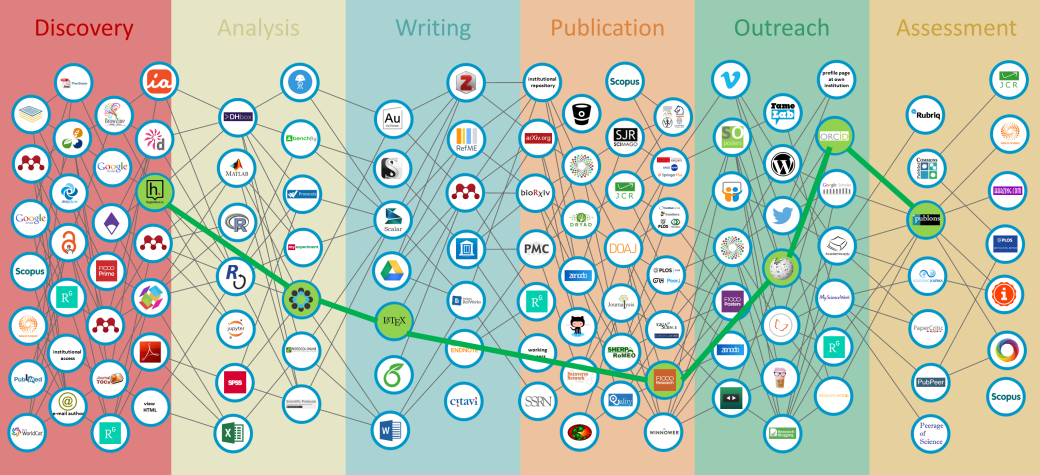
open science tools ecosystem
From website to laboratory
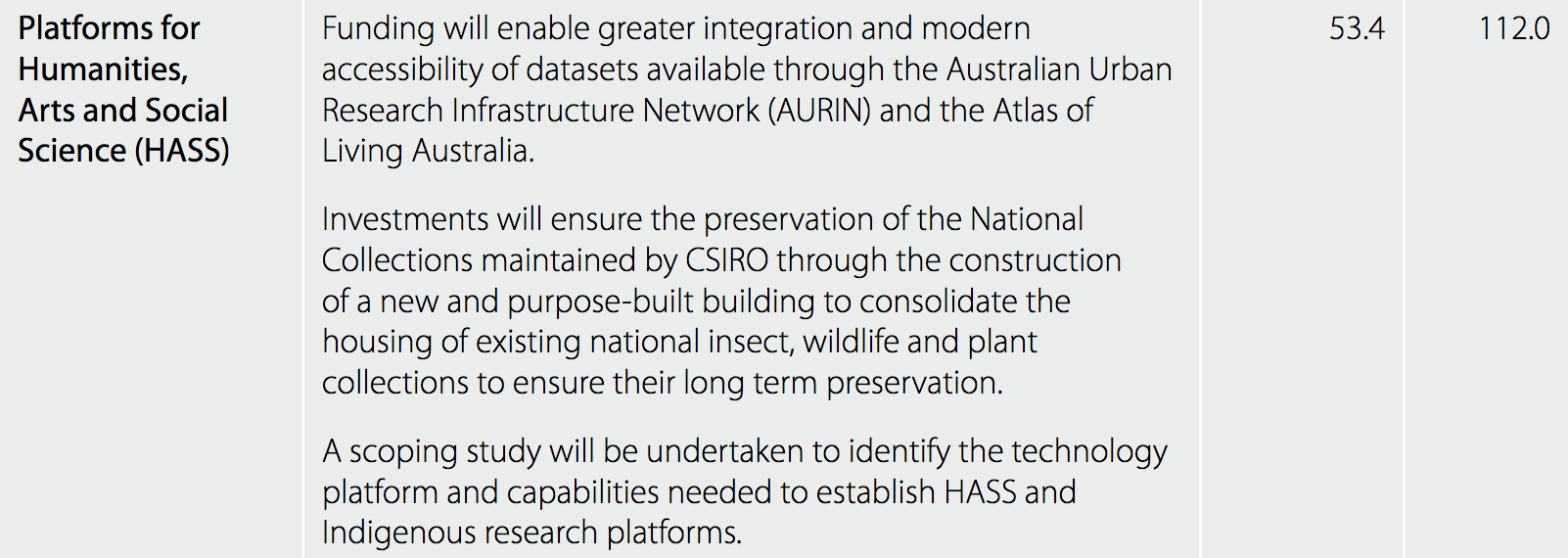
Facilities for the Future!
Research Infrastructure Investment Plan
A modest proposal
Digital Humanities Advancement Grants (DHAG) support digital projects throughout their lifecycles, from early start-up phases through implementation and long-term sustainability. Experimentation, reuse, and extensibility are hallmarks of this program, leading to innovative work that can scale to enhance scholarly research, teaching, and public programming in the humanities.
NEH Office for Digital Humanities
AHRC-Smithsonian Fellowships in Digital Scholarship
build capacity through the innovative application of digital methods and technologies to research in museums and cultural/heritage institutions
Different types of learning?
- Survival skills
- What's possible?
- How do I...?
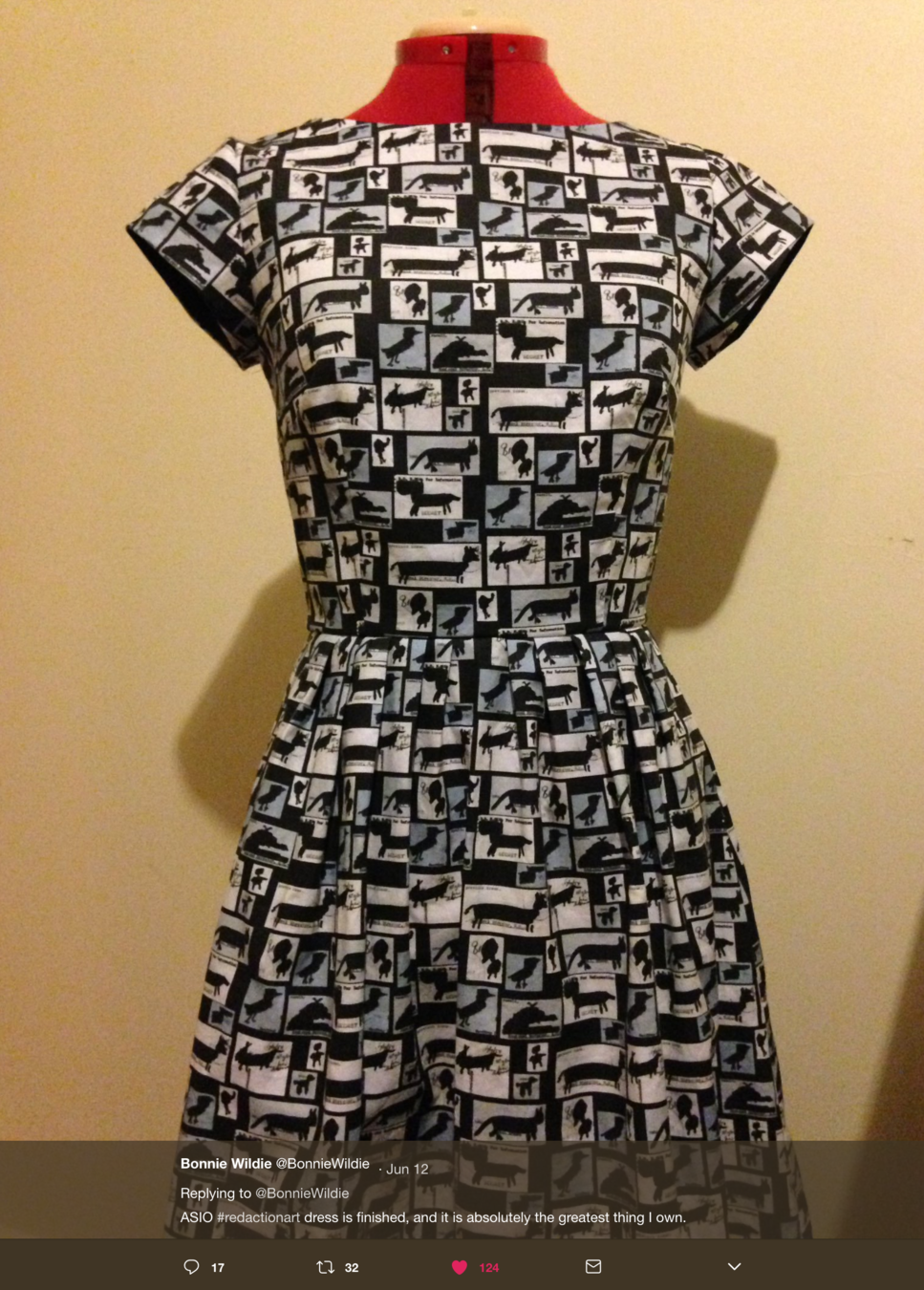
The joys of sharing
How DO I...?
Why bother?
Guidelines for the Professional Evaluation of Digital Scholarship by Historians
Historians who take a strong interest in digital media and information technology, or who choose to work exclusively in digital environments, should be evaluated in terms of their overall ability to use sustained, expressive, substantive, and institutional innovation to advance scholarship.
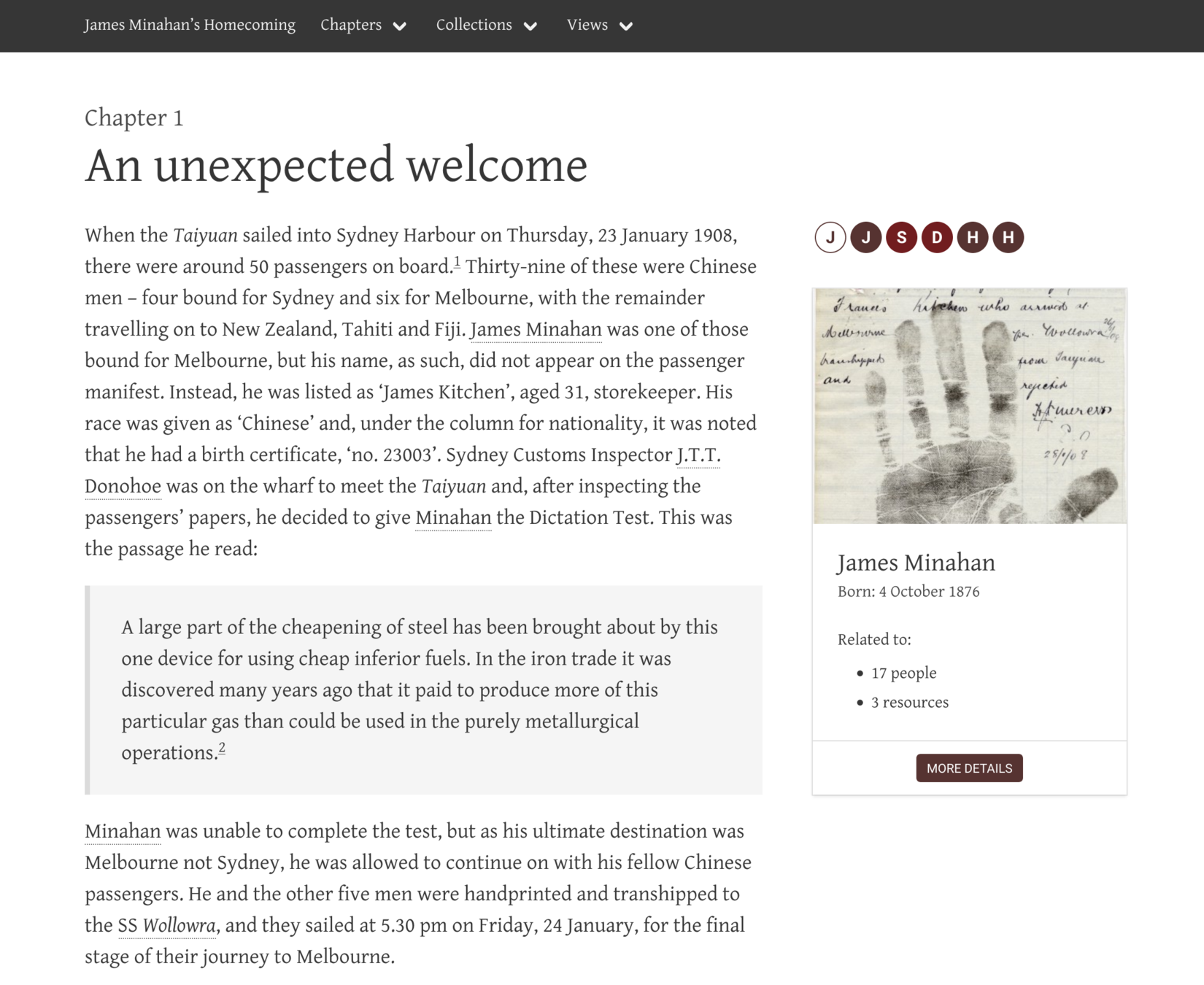
LODBook
- What can I do?
- Where do I start?
- Who can I help?

